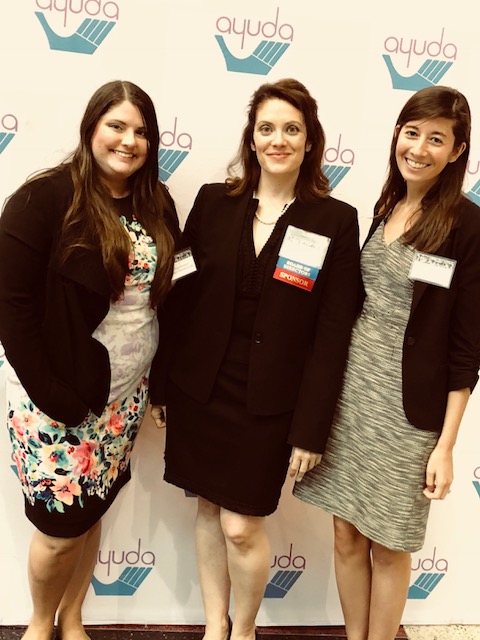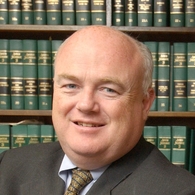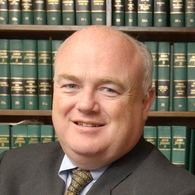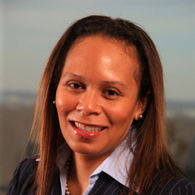On the evening of May 18, JGL attorney Eleanor Hunt and the Maple Lawn Women’s Networking Group, hosted a networking event that included a special Yin Yoga session featuring a live harpist for attendees at The Pearl Spa in Maple Lawn, Fulton, MD.
Hunt is a sponsor of the event and a very involved member of the Maple Lawn Community. “These events bring women together in a local setting to provide a comfortable environment to network and to tryout new experiences such as Yin Yoga,” says Hunt. This event also featured the music of a live harpist. Hunt continues, “We come together as a community at these events and that is what is most important.” The Maple Lawn Women’s Networking Group has regular meetings in the community with various themes, activities and speakers.
Eleanor Hunt serves as senior counsel in JGL’s Family Law practice. She represents clients in divorces, adoptions, adoptions, child custody and visitation disputes, domestic violence proceedings, drafting qualified domestic relations orders, and child and spousal support matters. While Eleanor is skilled in trial and willing to go to bat for her clients, she is also a caring and cool-headed advisor who can get clients good results through negotiated resolutions.











